The cooler at work is out of order and is awaiting replacement, and now the electric kettle is constantly in use. You even have to wait for the next portion of boiling water. A colleague even suggested jokingly pouring hot water into the kettle so that it warms up faster. And our oldest employee took the "rationalization proposal" seriously and said in a stern voice that she would not drink boiled hot water! And he does not advise us. Why exactly?
I decided to find out more in detail. It turned out that our Valentina Pavlovna was right! We will only boil the water taken from the cold tap.
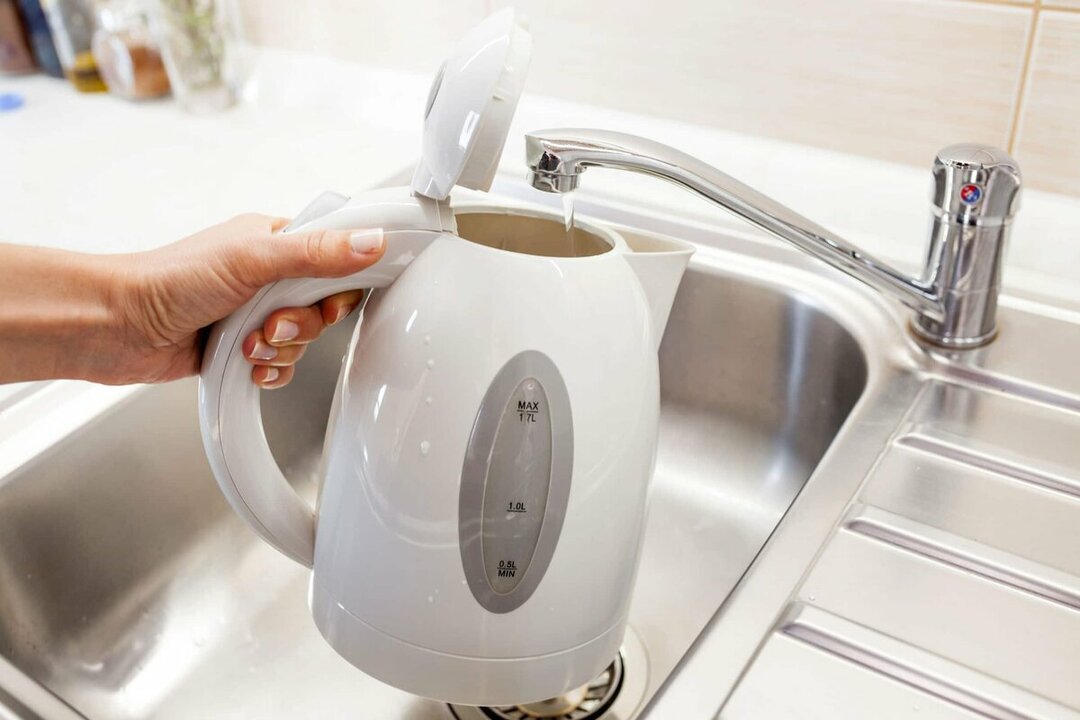
Why centrally heated water is not suitable for boiling
The content of the article
-
Why centrally heated water is not suitable for boiling
- Additional impurities
- Quality requirements below
- And if the water is heated in the column?
- Cold water is healthier for humans and for the kettle
Cold water that flows from our taps is specially purified. Therefore, it is quite suitable even for tea, even for soup.
And what about the already heated water? On the one hand, it is the same as cold. That is, it has already passed through the filters and is stored in the same tanks.
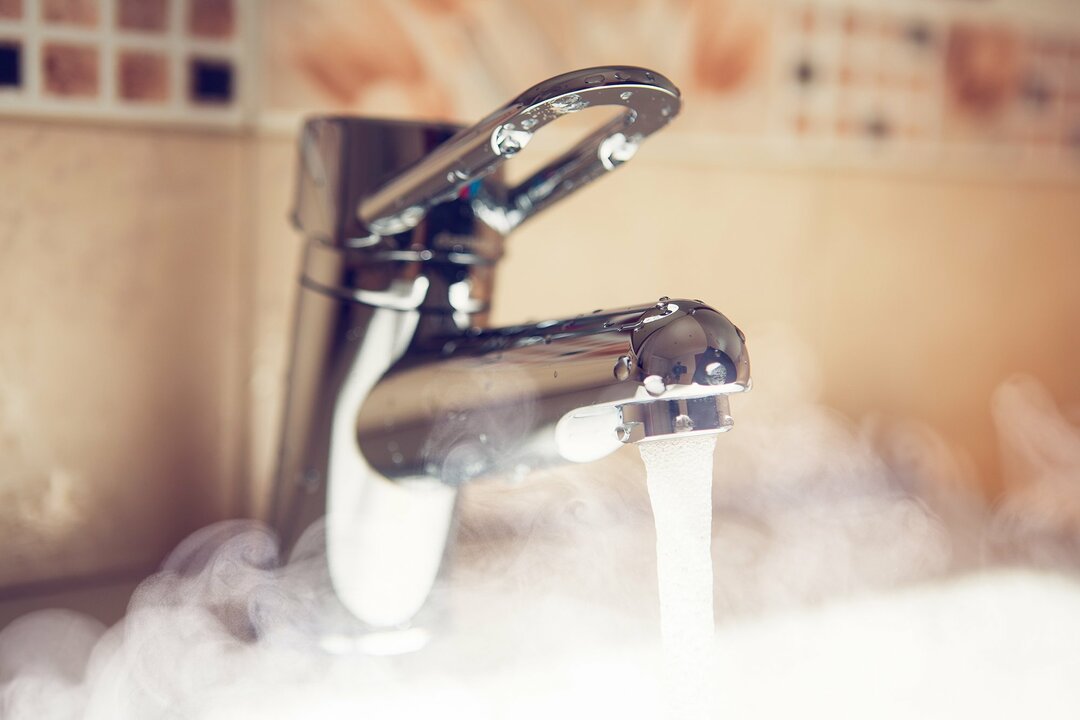
But on the other hand, this water has not only a different temperature, but also differs in chemical composition.
Additional impurities
Reference. To maintain hot water pipes in working order, special chemical reagents are used. They allow the pipes to be disinfected and protected from rust.
Particles of these substances can remain in the liquid. Of course, their maintenance is monitored and only water gets to the residents, in which there is not much such "chemistry". At least not more than what is allowed by sanitary standards.
But why do we need to boil water with reagents, even if there are not very many of them, especially when you can fill the kettle from the tap with cold water. Moreover, this is how boiling water will turn out without unnecessary (and even harmful!) Additives.
Quality requirements below
In general, pouring from the tap the liquid heated in the boiler room, you need to treat it as a technical one. Because even according to sanitary standards, it is considered the water that we use for household or domestic needs.
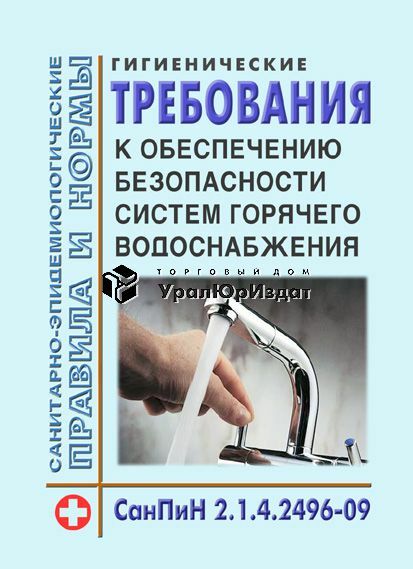
Reference. According to sanitary standards, only cold water is considered a liquid of drinking quality. Requirements for the quality of flows from different pipes are contained in different documents, because they are higher for drinking water, and lower for technical water.
The temperature of the liquid contributes to the fastest dissolution of sediments formed on the walls of the pipes. Of course, it may be small, you won't even notice right away. But the accumulation of even such minimal doses will not benefit the body.
And if the water is heated in the column?
Hot water supply is understandable. And if the apartment has a gas water heater and we ourselves heat up cold water? Does this mean that she retains her drinking qualities? It turned out that the answer to this question is more difficult.
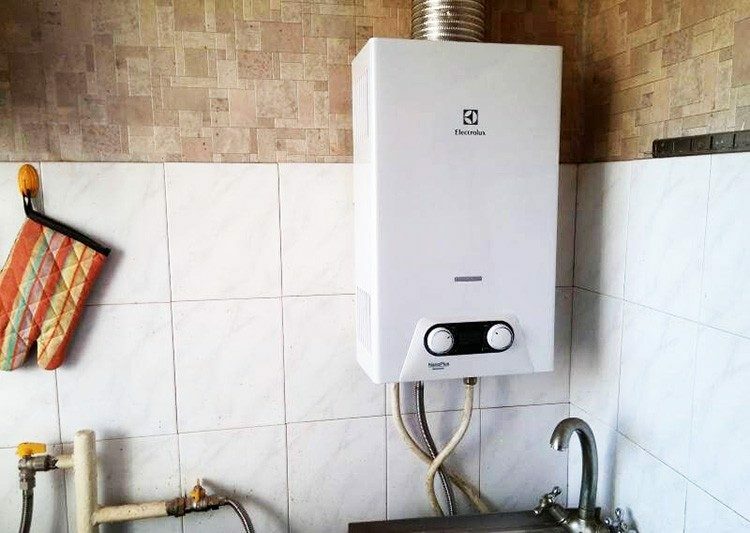
Neither sanitary services nor gas equipment manufacturers promise that water will remain unchanged after heating. But they do not point out categorically that drinking such water is prohibited.
This is understandable. Indeed, different owners of the column are in a different state, and the composition of impurities may be different. To make sure it is safe to drink, you would have to do a fluid quality test for each dwelling.
At the same time, in various forums, the issue of the suitability for drinking of liquid heated with the help of a column is being discussed. Doubt is caused by copper pipes for heating. More precisely, copper ions trapped in the water.
Although there is no ban on such water, I think it is better to play it safe and not pour it into the kettle. Let's take care of ourselves!
Cold water is healthier for humans and for the kettle
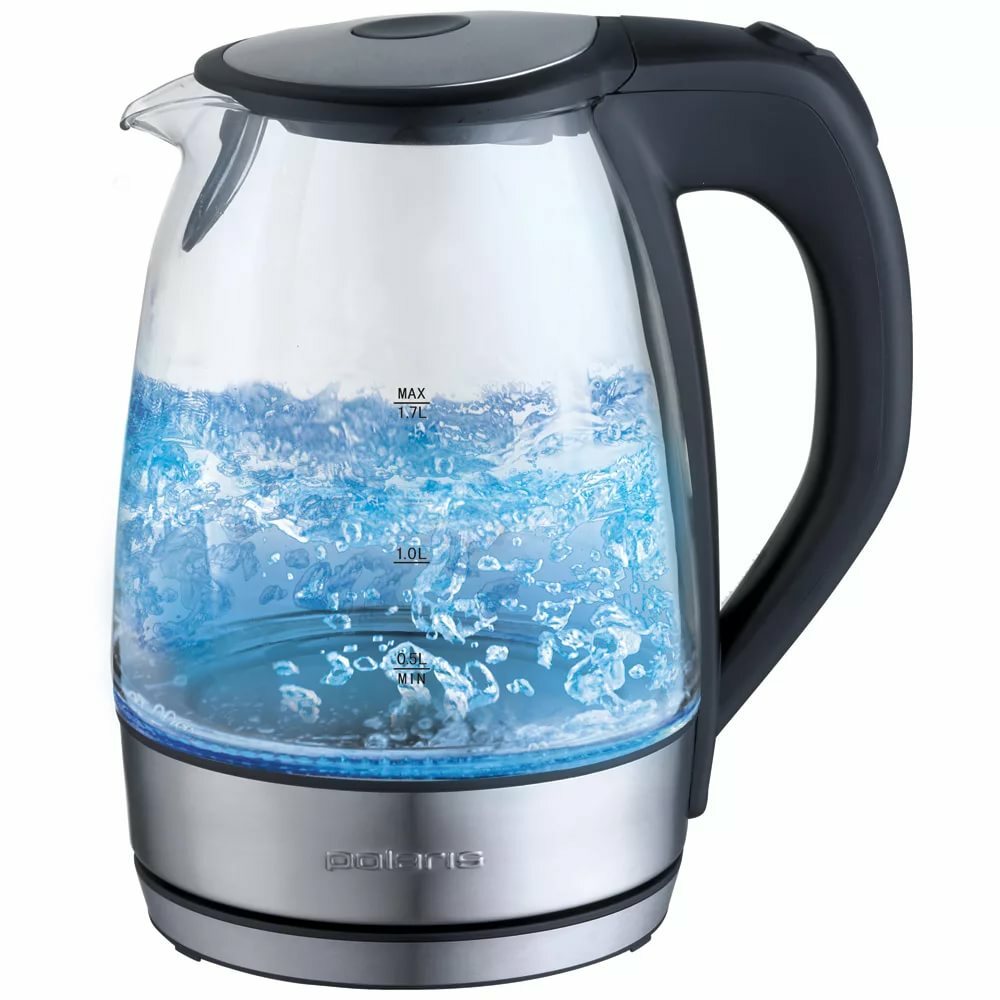
So it turns out that cold water is cleaner in composition, which means it is healthier for humans.
Still would! After all, it contains less lead and other harmful "chemicals" - for example, polyacrylamide.
Even kettles react worse to liquid with impurities. From it, scale accumulates faster on the inner walls and the heating element, which is difficult to remove. In addition, deposits can damage the kettle faster.
By the way, as these deposits accumulate, the kettle will heat up longer and longer. That is, wanting to shorten the heating time, we will achieve the opposite. And we will drink boiling water with impurities. Do you need it?
Now we will definitely only heat up cold water. Moreover, thanks to the thermo-pot installed in the office, there is now enough boiling water for everyone.
Subscribe to our Social Networks

